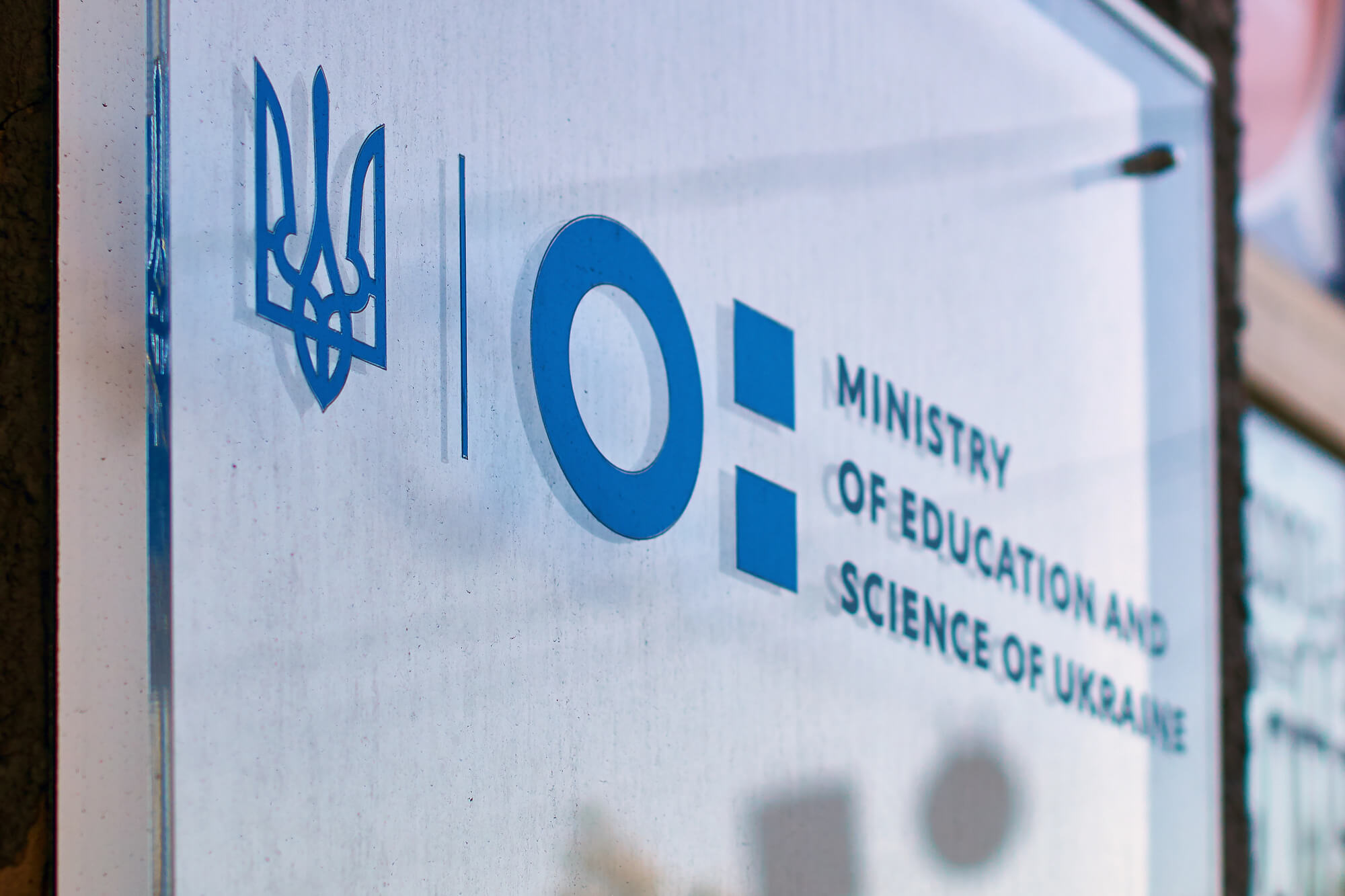Having accepted new Aviation Regulations (Regulation No. 686) State Aviation Service (the “SAS”) violated the norms of special legislation that protects the competition as well as the norms of the Constitution of Ukraine. Further, we are going to examine briefly the situation with these new Aviation Regulations in terms of competition protection on the air transportation market of Ukraine. We have already made an analysis of Aviation Regulations in terms of international treaties and the Air Code of Ukraine. We would like to point out that at the moment Aviation Regulations have not yet come into force.
Market players along with the public are trying to convince SAS to amend them. We would like to remind you that the public was indignant with recently adopted three provisions of Aviation Regulations.
Firstly, according to Section 2.2 , in order to be granted the right to serve international routes the airline must be locally controlled, i.e. more than 50% of their capital must be owned or controlled by the state of Ukraine or Ukrainian citizens (the “Ukrainian airline”). It means that foreign airlines will not be able to get license for international routes.
Secondly, according to Section 2.11 of the Aviation Regulations, even Ukrainian airlines may get the license to operate international route if only the carrier served a local route for at least 12 months immediately preceding the date of the application for getting a license.
Finally, according to section 2.12 of the Aviation Regulations, if several carriers want to get the right to exploit one and the same route, the winner would be chosen after a tender resulted on their scores. However, scoring system is such that major airlines will always have an advantage over smaller ones, which have less airplanes, stuff and number of flights.
So, new Aviation Regulations discourage competition between Ukrainian and foreign airlines as well as among Ukrainian carriers. However, if to speak about the competition among Ukrainian carriers Aviation Regulations gives preferences for the existing large airlines towards new ones, for the bigger airlines towards smaller ones, so the foreign carriers are definitely conditioned to leave the Ukrainian air transportation market.
Such limitation for foreign companies is not something fundamentally new. For example, there were (and still there are) limitations for foreign companies or foreign investment in the banking market, insurance services and mass media market. However, all these limitations are usually adopted by the law, and not by the regulation acts that Aviation Regulations are. Similarly, the competition among Ukrainian companies can by only limited by law.
The law is a legal regulatory act of the highest legal efficacy, and all other regulation acts should correspond with an effective law (that is why they are called “by-laws”). The Aviation Regulations are by-laws, so they have to correspond with the effective laws that protect competition. Such laws are the Constitution of Ukraine, as a fundamental law of Ukraine, and Law on the Protection of Economic Competition as a special law.
First of all, there is a reason to claim that the Aviation Regulations violate the Constitution. The norms of the Constitution are directly applicable. It means that a person seizes the court directly on the constitutional grounds. Thus Article 42, Clause 2 of the Constitution of Ukraine states that the State ensures the protection of competition. According to Article 92, Clause 8 of the Constitution of Ukraine, the rules of competition are determined exclusively by the laws of Ukraine, and not by the by-laws. The Constitutional court of Ukraine in its Decision 1-рп/2001 dd. 27 February 2011 confirmed that only Parliament can determine the rules of competition by the laws.
So, if to consider that SAS by adopting by-law (the Aviation Regulations) has limited the competition and changed its rules, as mentioned before, it is possible to conclude that it violated the norms of the Constitution. At the same time it also means that the Parliament is legally able to set some competition limits on the air transportation market when it is willing to do so (if its actions also correspond with international treaties). However, passing a law by the Parliament is “a higher level” of the complexity process and another level of responsibility (including political one) rather than the decisions made by SAS.
There is another interesting case of violation of the constitutional norms that protect competition. It is Decision of Kyiv District Administrative Court (dd. 23 September 2014) that declared Ukrnafta OJCS to be illegal company, and abolished the Decree No.1046 of the Cabinet of Ministers of Ukraine (case No. 826/12594/14). CMU has established the rule that the company-seller of oil or gas is unable to choose the petroleum exchange, where it will sell its oil products. Results of the competition held by the Ministry of Fuel and Energy of Ukraine determined this exchange. The Court adduced the reasons by claiming that the Decree of CMU set certain rules of competition on the oil trade market that are actually illegal as far as such norms can be set by law accordingly to the Constitution. Although this court decision has not yet come into force because one of the parties filed an appeal, CMU has already overturned the conviction. We could expect the same actions from the Court in the case of the Aviation Regulation if we appealed to it on the basis of violation of the Constitution.
The air carrier of the Turkish origin Atlasjet is going to lodge a complaint to the Anti-Monopoly Committee of Ukraine against Ukraine International Airlines (UIA).
We have the ground to claim that in addition to violation of the Constitution of Ukraine, SAS violated the Law on the Protection of Economic Competition (Article 15). This article states that the government is prohibited to act towards restriction or distortion of competition. Moreover, there would be prohibited not only those actions that have already distorted competition, but also those that may potentially restrict or limit it. The article contains a list of actions of the authorities that are considered as prohibited. Among them there are also:
(Paragraph 7, Clause 2, Artcle 15) “the granting of such privileges or other advantages to some economic entities or groups of economic entities that place them in a privileged position in comparison with that of competitors, which results or can result in the prevention, elimination, restriction or distortion of competition;”
(Paragraph 8, Clause 2, Article 15) “such an action that results in the creation of unfavourable or discriminatory conditions of activities for certain economic entities or groups of economic entities in comparison with the relevant conditions created for competitors”.
So, having accepted new Aviation Regulations SAS obviously placed some certain groups of Ukrainian airlines in a privileged position, or even certain airline in comparison with the relevant conditions created for competitors on the air transportation market. In addition to violation of the Constitution, SAS violated the Law on the Protection of Economic Competition (Article 15). Therefore, if the Aviation Regulations come into force in current version, the airlines can lodge a complaint to the Anti-Monopoly Committee or to the Court, if they think that their rights are being violated.
Reference to the court is probably a better option because the decision of the Anti-Monopoly Committee can be challenged in the court. However, as we mentioned before, the State Aviation Service violated not only the norms of the law on competition. So there will be more arguments, apart from the protection of competition.
We hope that SAS will take into account an opinion of the market players as well as public opinion, and will amend the Aviation Regulations. So we will fly at the market price and soon be able to flight abroad without getting a visa.
Attention
The author doesn`t work for, consult to, own shares in or receive funding from any company or organization that would benefit from this article, and have no relevant affiliations



